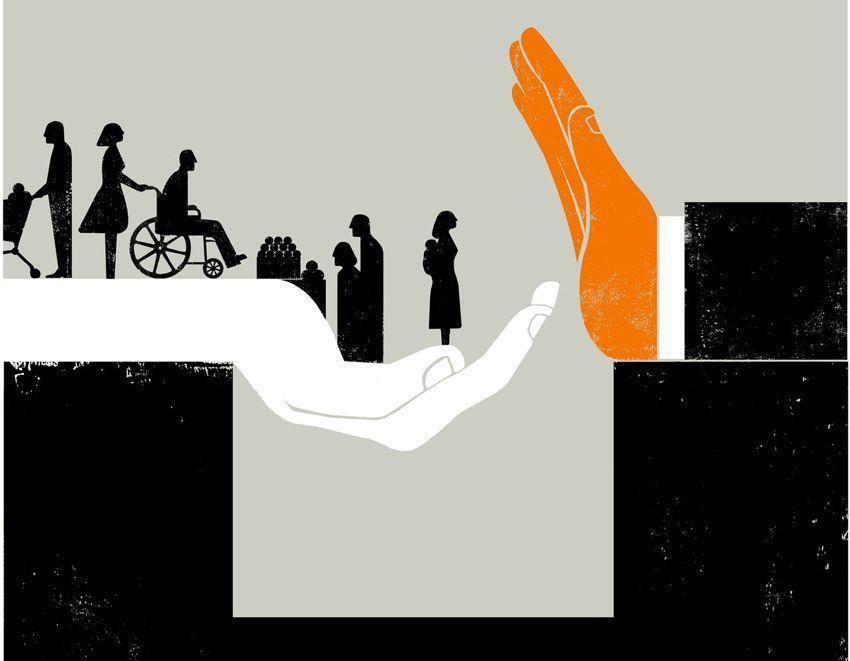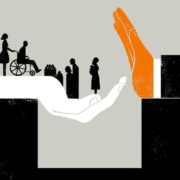
States and organizations around the country are reacting to the public charge rule released by the U.S. Department of Homeland Security earlier this week, which would affect immigrants who have received certain public benefits.
California, Oregon, Maine and the District of Columbia are among the states that have filed a lawsuit on Friday against the Trump administration for issuing this rule that could deny immigrants when seeking an extension of stay, change of visa or lawful permanent resident status if they have benefited from public services, such as Medicaid, food stamps and housing vouchers.
“The Rule stacks the deck against marginalized populations, such as children, students, individuals with disabilities, older adults, and low-wage working families,” Friday’s lawsuit led by California stated. It also alleges that it violates the Fifth Amendment and will “disproportionately block admission” of non-white, non-European immigrants such as those from Asia.
Thirteen other states, led by Washington state, also filed a lawsuit in federal court on Wednesday, as have San Francisco and Santa Clara County in a separate joint lawsuit, arguing that it is a public health concern as the rule would deny access to health services.
“This cruel policy would force working parents and families across the nation to forego basic necessities like food, housing, and healthcare out of fear. That is simply unacceptable,” California Attorney General Becerra said. “In California we know that welcoming and investing in all communities makes our entire nation stronger. I know this being the son of hard-working, modest immigrants who likely would have been victims of this regressive policy. We will fight this unlawful rule every step of the way.”
The new rule, which is slated to go into effect in mid-October, expands who may be considered a “public charge” — a term used since 1996 to describe an individual likely to become “primarily dependent” on the government through public cash assistance or long-term institutionalized care funded by the government.
Whether one is a public charge determines if one can become a legal permanent resident.
Under the “totality of the circumstances” aspect of the new rule, factors like health, family status, assets, resources and financial status, and education are further among the considerations that may deem an individual to be a public charge.
Exempt from the change are asylum-seekers and refugees.
For supporters, the new rule is a way to modernize the family-based immigration system and save taxpayers billions of dollars.
U.S. Citizenship and Immigration Services Acting Director Ken Cuccinelli told the Associated Press that “We want to see people coming to this country who are self-sufficient. That’s a core principle of the American dream. It’s deeply embedded in our history, and particularly our history related to legal immigration.”
In addition to the states, advocacy groups the National Immigration Law Center, Western Center on Law and Poverty, National Health Law Program and Asian Americans Advancing Justice also filed a lawsuit in California on Friday.
About 3.8 million Asian American and Pacific Islander immigrants relied on some form of public benefit to make ends meet, according to Heng Lam Foong, senior policy manager with the Health Access Project at Asian Americans Advancing Justice – Los Angeles in a previous Asian Journal report. (AJPress)






